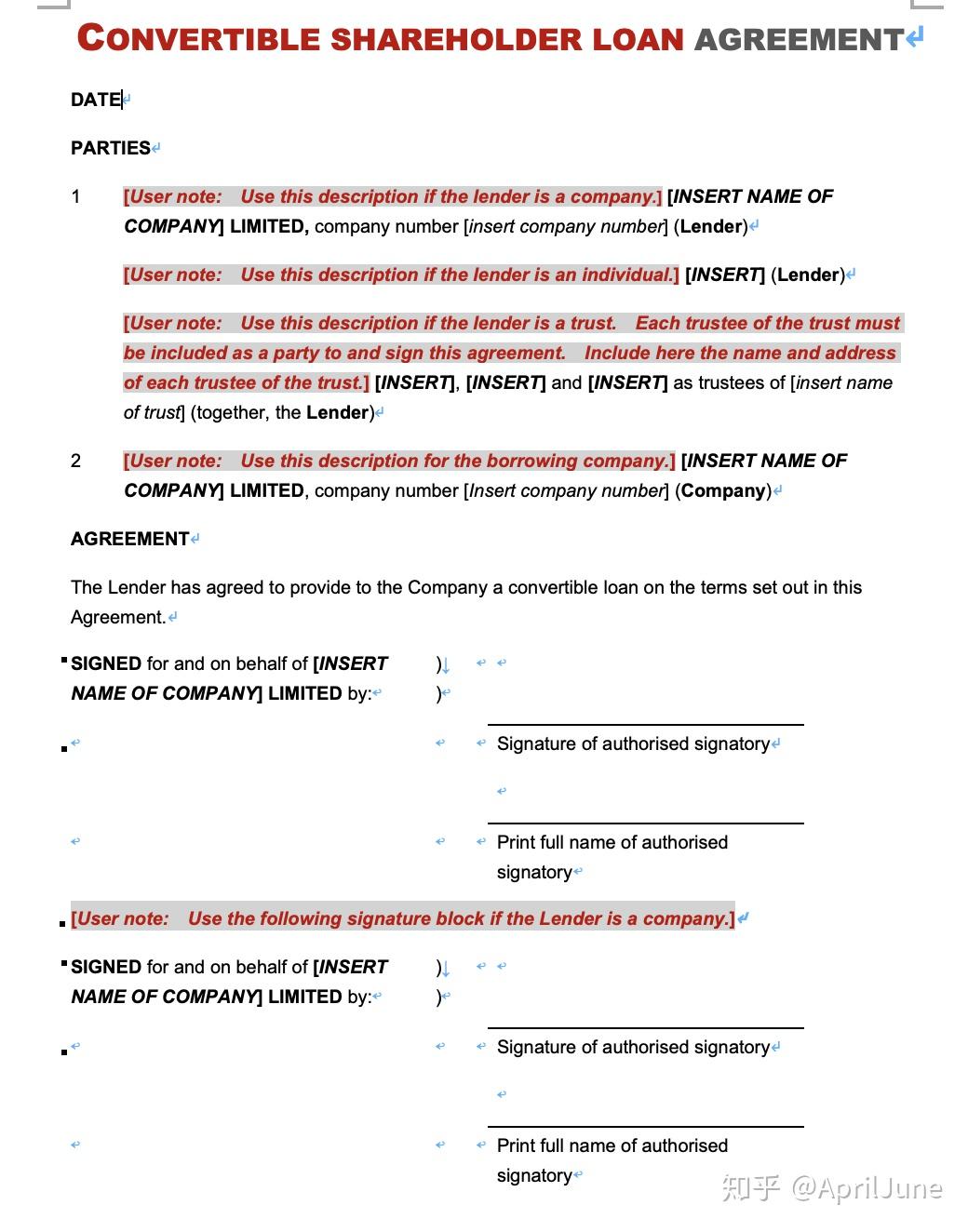Understanding Convertible Loan Accounting: A Comprehensive Guide for Investors and Businesses
Guide or Summary:What is Convertible Loan Accounting?The Importance of Convertible Loan AccountingKey Components of Convertible Loan AccountingChallenges in……
Guide or Summary:
- What is Convertible Loan Accounting?
- The Importance of Convertible Loan Accounting
- Key Components of Convertible Loan Accounting
- Challenges in Convertible Loan Accounting
What is Convertible Loan Accounting?
Convertible loan accounting refers to the financial reporting and accounting treatment of convertible loans, which are debt instruments that can be converted into equity at a later date. These loans are often used by startups and growing companies to raise capital while providing investors with the potential for equity ownership. Understanding how to account for these loans is crucial for both businesses and investors, as it affects financial statements, tax implications, and investment decisions.
The Importance of Convertible Loan Accounting
For businesses, convertible loan accounting is vital for accurately reflecting their financial position. When a company issues a convertible loan, it must determine how to classify the loan on its balance sheet. This classification can impact key financial ratios and metrics that investors and creditors use to evaluate the company’s performance and risk profile. Proper accounting ensures transparency and helps maintain investor confidence.
For investors, understanding convertible loan accounting is essential for assessing the potential risks and rewards of their investments. Convertible loans can offer attractive terms, such as lower interest rates and the opportunity to convert debt into equity at a favorable valuation. However, without a clear understanding of how these instruments are accounted for, investors may misjudge the financial health of a company or the true value of their investment.

Key Components of Convertible Loan Accounting
1. **Initial Recognition**: When a convertible loan is issued, it must be recorded at its fair value. This includes the present value of future cash flows, which consist of interest payments and the principal amount.
2. **Interest Expense**: Over the life of the loan, companies must recognize interest expense in their income statements. This expense is typically calculated using the effective interest rate method, which considers the loan’s terms and any associated fees.
3. **Conversion Feature**: One of the unique aspects of convertible loans is the conversion feature, which allows lenders to convert their debt into equity under certain conditions. Accounting for this feature can be complex, as it may involve determining the fair value of the equity component at the time of conversion.

4. **Subsequent Measurement**: After initial recognition, companies must evaluate whether to measure the convertible loan at amortized cost or fair value. This decision can affect reported earnings and the overall financial position.
Challenges in Convertible Loan Accounting
Convertible loan accounting presents several challenges. For instance, determining the fair value of the conversion feature can be difficult, especially in volatile markets. Additionally, companies must stay compliant with accounting standards such as IFRS or GAAP, which can differ in their treatment of convertible instruments.
Moreover, the potential for dilution when loans are converted to equity can create tension between existing shareholders and new investors. Companies must communicate effectively about the implications of convertible loans to manage stakeholder expectations.

In conclusion, convertible loan accounting is a critical aspect of financial management for both businesses and investors. By understanding its principles, companies can ensure accurate financial reporting and maintain investor trust. Similarly, investors equipped with knowledge about convertible loans can make informed decisions that align with their financial goals. As the landscape of finance continues to evolve, staying abreast of accounting practices related to convertible loans will be essential for navigating investment opportunities successfully.